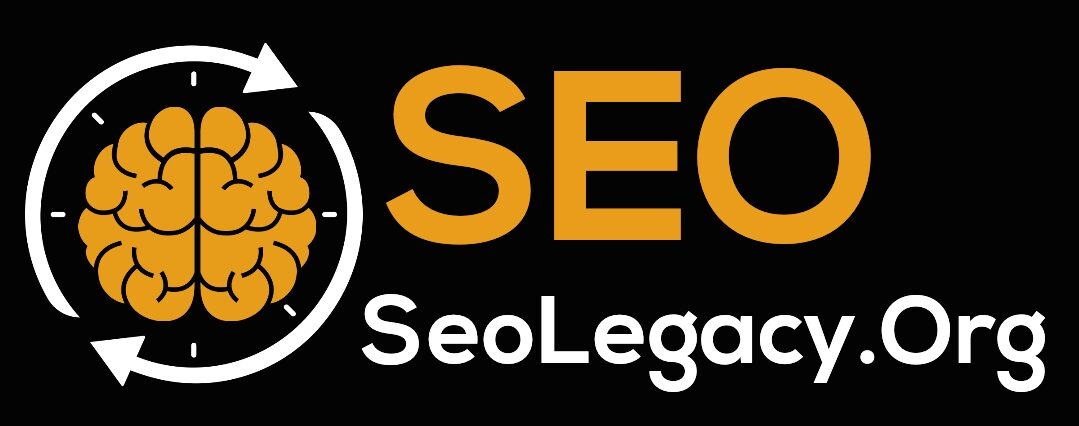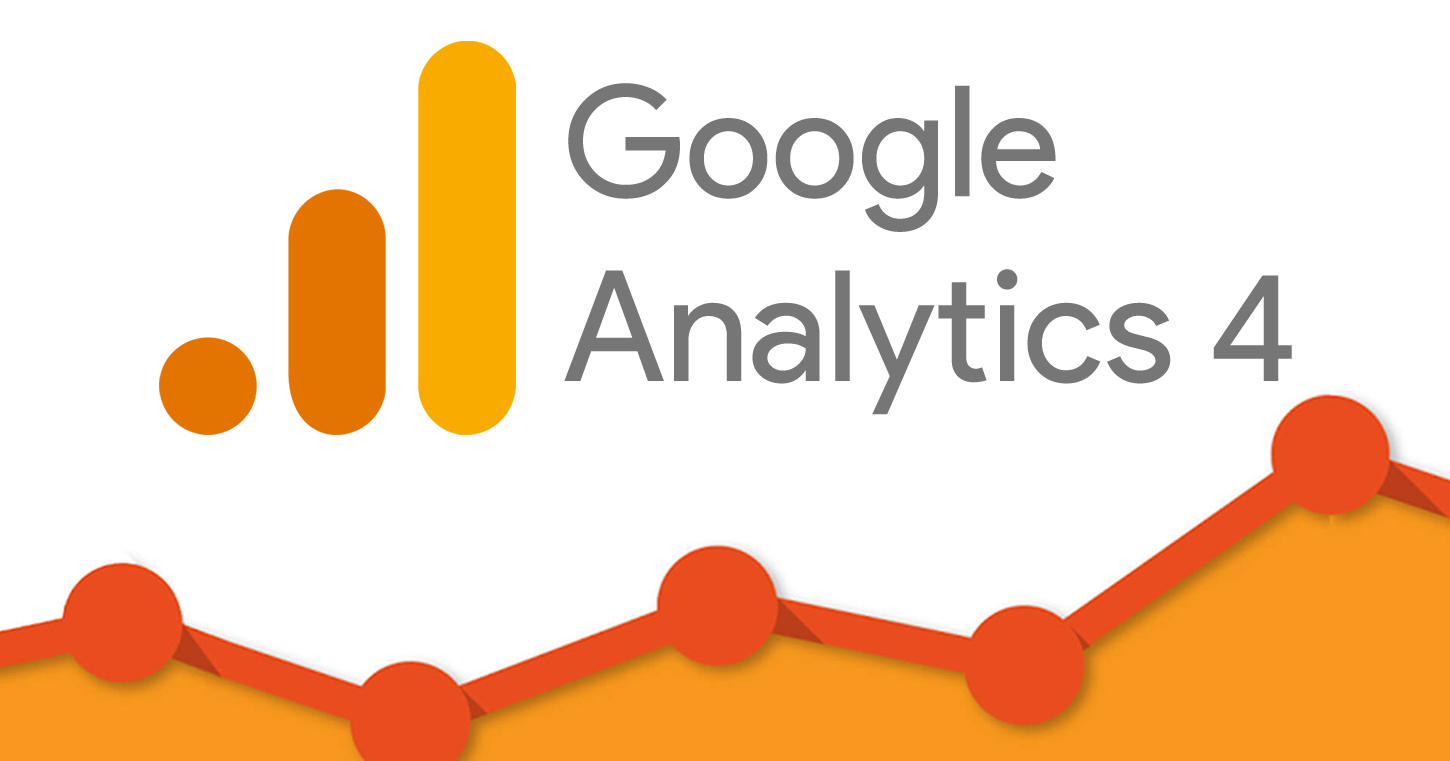Is SEO Now Better Or Worse Because Of AI?
The way SEO is done is being changed by the meteoric rise of generative AI. The repercussions for the search marketing industry are discussed below.
Google originally went to man-made consciousness and AI to control its web search tool calculation back in 2016.
However, artificial intelligence truly entered mainstream use at the end of 2022 with the launch of ChatGPT, and it had a significant impact on the SEO industry.
Some people think these changes have improved the situation, while others say they have made it worse.
When we look into the future, it becomes increasingly apparent that AI will continue to be one of the most important aspects affecting digital marketing and search engine optimization.
The positive and negative ways that AI is altering SEO can be seen in the following examples.
Content creation
Computer based intelligence content creation is a major benefit for organizations hoping to acquire proficiency and work on their Search engine optimization.
In recent months, Google Search’s guidelines for AI-generated content have changed to allow for AI content creation as long as it adheres to the same quality standards as human writers.
However, a month later, Google made a change to this statement, stating that AI should not be used for:
- illegal or harmful actions.
- Abuse or disruptions to services
- Misinformation.
- Spam.
- Decisions made automatically in “Your Money or Your Life” (YMYL) areas.
- Physically unequivocal substance.
High-quality content is rewarded by Google’s ranking system. Although using automation to create content for the purpose of manipulating search rankings is against the law, AI can assist you in producing high-quality content.
Google wants humans to write content, but AI can help your business improve the quality of its content.
You need to make the most of the increasing popularity and widespread use of artificial intelligence (AI) in content creation and development.
However, the increased use of AI in SEO may also have some potential drawbacks.
One concern is that it may lower the quality of content because marketers may concentrate more on creating content that is optimized for search engines than on providing readers with value.
Additionally, there are concerns regarding the limitations of ChatGPT itself:
- The data used to train the natural language processing tool have been published up until 2021, so anything published after that is not taken into account when calculating output.
- Not being associated with the web is a second restriction that extensively restricts the capacity of ChatGPT to make supportive substance.
Last but not least, it’s important to keep in mind that AI-written content won’t be able to come up with anything new because the output is based on the data it was fed, which ends in 2021.
Therefore, in order to comply with Google’s standards for search quality, a layer of human intelligence is required.
Results tailored to your needs
Personalized search results are one of the most significant effects of AI on SEO.
A user’s search history, location, and behavior can be analyzed by AI algorithms to produce individualized results. Instead of creating content for a broad audience, SEO strategies need to concentrate on creating content for a specific audience.
AI plays a significant role in the evolution of search engine understanding and ranking.
Customers now have access to results that are more tailored to their needs, so personalization is becoming a much more common feature of modern SEO.
AI chatbots are becoming more advanced and can respond to search queries with conversational results.
Using AI assistants to analyze content and identify areas for improvement, companies can also optimize their website SEO.
This is where simulated intelligence generative models can possibly succeed in satisfied creation when prepared on your own information. On the website of the iPullRank agency, for instance, an AI chatbot with context-limited content was developed by Mike King.
Customers are looking for a more intimate experience as a result of technological advancements, and there are numerous excellent options for achieving this.
Chatbots play a significant role in this, so try to come up with some of the best ideas that will allow you to personalize results.
Voice search marketing
Optimizing for voice search has become increasingly important as the popularity of AI-powered voice assistants like Siri and Alexa grows.
Artificial intelligence calculations can comprehend normal language questions and give precise outcomes. Therefore, conversational keywords and phrases that match people’s speech should be included in SEO strategies.
The best ways to implement and optimize content for mobile must be considered by businesses. It’s critical to use both long- and short-tail keywords when optimizing for voice search.
An excellent step in the process is this one. By scanning existing content and making suggestions for SEO-related changes, AI can assist with voice search optimization.
Analytics by prediction
Businesses can use AI-powered predictive analytics to identify patterns and anticipate outcomes in the future.
This indicates that optimization strategies and content creation can benefit from data-driven insights for SEO.
Businesses can also use predictive analytics to keep up with emerging opportunities.
The great thing about AI is that it uses algorithmic data in predictive analytics to find business opportunities and areas for improvement.
When you want to make your SEO strategy better, there are a lot of things to think about. One important thing that can help you is SEO.
When developing an effective SEO strategy for the future, it is crucial to have a clear understanding of where your website ranks in the search engine results pages (SERPs).
How SEO is impacted by ChatGPT
Chatbots powered by AI, like ChatGPT, can respond to customers right away and interact with users in real time.
Chatbots can likewise gather client conduct, inclinations, and criticism information to illuminate Website optimization methodologies.
There is no doubt that ChatGPT an affects Search engine optimization and will keep on meaningfully affecting the business.
ChatGPT’s transformer has 175 billion boundaries, supporting north of 95 dialects. Because of this, it is the ideal AI chatbot to assist in SEO advancement and influence.
Numerous factors contribute to the development of beneficial SEO changes.
Businesses can use ChatGPT’s processing capabilities to improve their SEO in a variety of ways, including:
- Local SEO
- Link building
- Content creation
- Keyword research
- Convey better E-E-A-T
SEO-friendly effects of AI
Man-made intelligence can influence Search engine optimization according to a business viewpoint in numerous positive ways, including better client experience.
Customers place a high value on their interactions with a company. By personalizing content and enhancing interaction quality, AI can assist in this.
Also, voice-assisted AI like Siri, Alexa, and Google Home have made it easier for search marketers to use voice search optimization and have increased their number.
Artificial intelligence enables a deeper comprehension of natural language and more precise responses to user queries.
The ability of AI algorithms to analyze enormous amounts of data makes it simpler for search engines to provide accurate search results, which is another fundamental advantage of employing AI.
SEO negative effects of AI
However, AI does not come without SEO-related downsides. We’ll have a good idea of what to expect in the future if we know these things.
The possibility of losing control over search rankings and referral traffic is one of the most significant issues.
One of the most important legal questions still unanswered is how these results will provide attribution (for example, a navigation path) back to the sourced content with the launch of Bing’s AI-powered search engine and Google’s response to ChatGPT, Bard.
The variation in organic search traffic brought about by these distinct new search experiences will probably be largely influenced by this final destination.
Another disadvantage is that AI-powered tools have made it easier for businesses to use them as they have become more prevalent in the business landscape.
For instance, there is increased competition for rankings as a result of the surge in rapidly generated blog content at scale from large publishers like CNET.
In addition, inaccurate and irrelevant data have been a problem for businesses as a result of AI content misinterpretation.
If you simply execute the search command intext:”regenerate response,” it will become abundantly clear that there has been no editorial review.
AI will never go away.
Emerging technologies like AI will continue to flex their muscles as businesses look for more and more ways to enjoy marginal gains and gain market share.
No one knows what the SEO industry will be like in the future, but AI will undoubtedly continue to be a major factor.
As a result, modern businesses must investigate ways to profit from AI’s potential. When used correctly, it can be a powerful tool that improves SEO performance.
Until further notice, I think Purna Virji summarizes it best, “When everybody is utilizing similar apparatuses to make content, once in a while it takes being human to stick out.”



